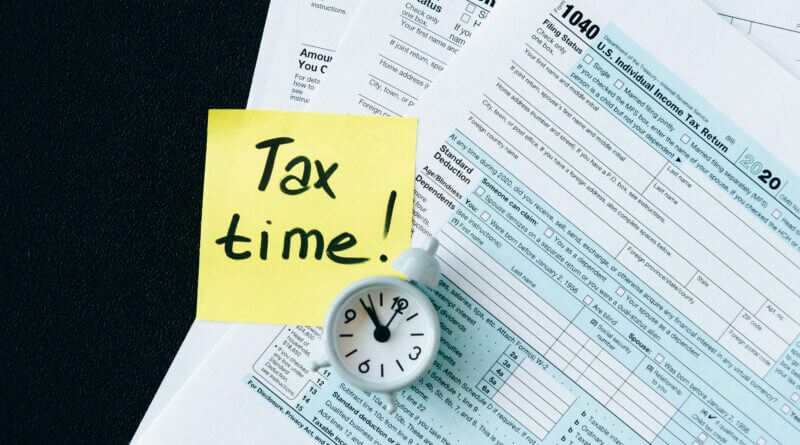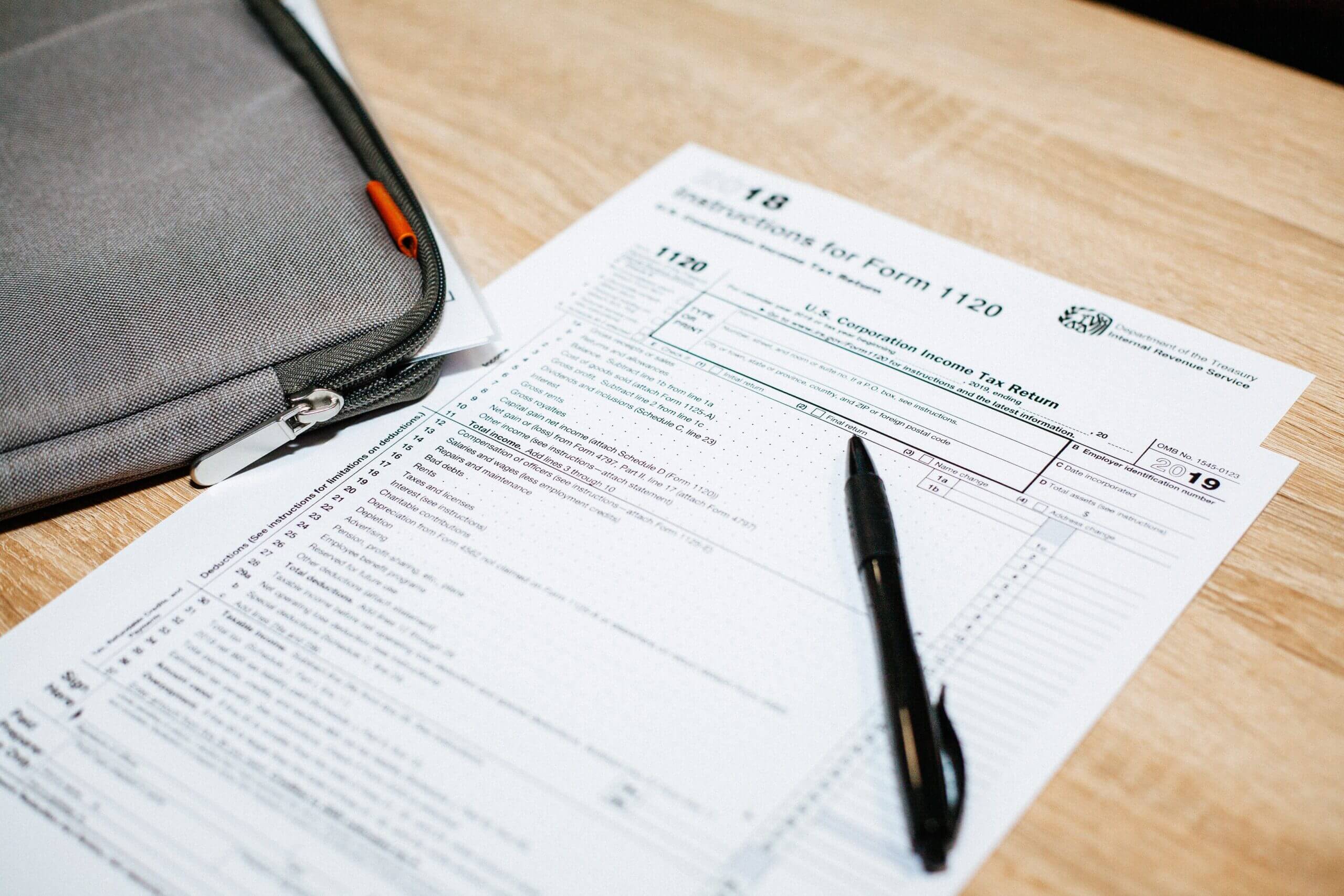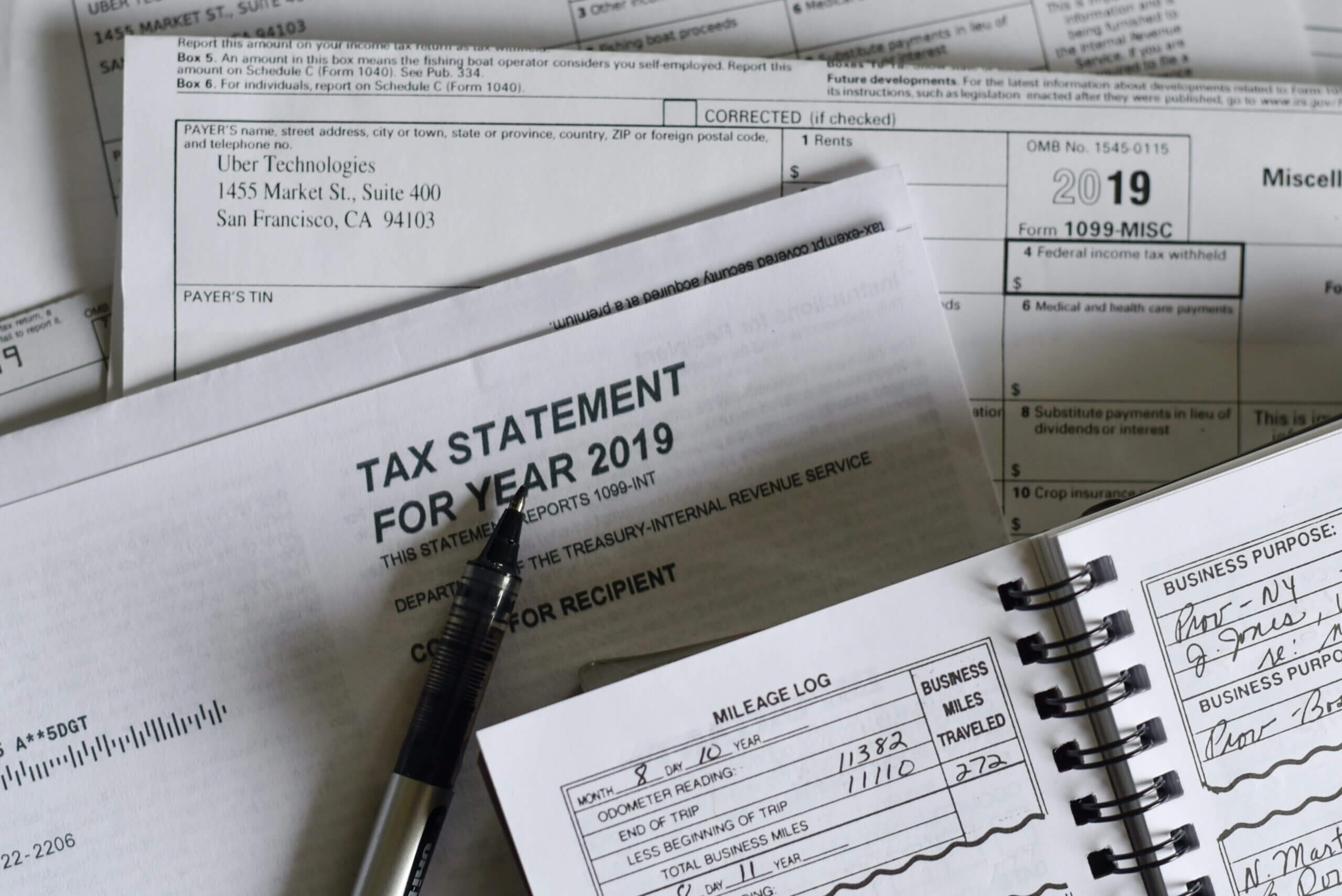Harris: 2024 Year-End Tax Strategies
By Charlestien Harris
Taxes! Taxes! Taxes! You may have just filed your extension from last year’s taxes, but this is the perfect time to begin preparing for next year’s tax season.
November is the perfect month to start thinking about year-end tax strategies to reduce your 2024 tax bill or increase your tax refund. In simple terms, a tax strategy creates the foundation of a financial plan, and if implemented, it can reduce or eliminate taxes for a person or business.

There are still a few things you can do to reduce your tax bill or even increase your tax refund for the coming year! Here are just a few suggestions:
- Tax strategizing starts with understanding your tax bracket. If you were honest with yourself, how many of you really know which tax bracket you fall into within the IRS tax system? You can’t really plan for the future if you don’t know where you are today. So, the first step you might consider is to figure out what federal tax bracket you’re in. The IRS has a progressive tax system. That means people with higher taxable incomes are subject to higher tax rates, while people with lower taxable incomes are subject to lower tax rates. There are seven federal income tax brackets: 10, 12, 22, 24, 32, 35, and 37 percent.
- Know the difference between a tax deduction and a tax credit. Knowing and understanding the difference can help you do a better job of planning your tax strategies. Both reduce your tax bill but in very different ways. Tax deductions are specific expenses you’ve incurred that you can subtract from your taxable income. They reduce how much of your income is subject to taxes. However, tax credits give you a dollar-for-dollar reduction in your tax bill. For instance, a tax credit valued at $1,000 lowers how much you owe in taxes by $1,000.
- Decide whether to take the standard deduction or the itemized deduction. Deciding whether to itemize or take the standard deduction is a big part of tax planning because the choice can make a huge difference in your tax bill. What is the standard deduction? It is a flat-dollar, no-questions-asked tax deduction. Congress sets the amount of the standard deduction, and it’s typically adjusted every year for inflation. The standard deduction that you qualify for depends on your filing status. The itemized deduction involves taking all the individual tax deductions that you qualify for, one by one. This option allows you to deduct items that can possibly reduce your tax burden, but you have to be able to prove you qualify for your deductions.
- Recordkeeping is a must! Knowing what tax records to keep and for how long is a very important step in tax strategizing. Keeping tax returns and the documents you used to prepare them is critical if you are ever audited by the IRS or your state tax commission. Typically, the IRS has three years to decide whether to audit your return, so keep your records for at least that long. You also should hang on to tax records for three years if you file a claim for a credit or refund after you’ve filed your original return. You should keep records longer in certain cases:
- Six years: If you underreported your income by more than 25 percent.
- Seven years: If you wrote off the loss from a “worthless security.”
- Indefinitely: If you committed tax fraud or didn’t file a tax return.
- Take a second look at your W-4 for the coming year. A W-4 tells your employer how much tax to withhold from your paycheck. Your employer sends that tax to the IRS on your behalf. If you owed a huge tax amount when you filed and don’t want that to happen again, you may want to increase your withholding. That one simple move could help you owe less (or nothing) next time you file. If you received a huge refund last year and would rather have that money in your paycheck throughout the year, you can do the opposite and reduce your withholding.
Effective tax planning takes time and careful thought. This information is provided for educational purposes only. There are tax experts you can consult to get a better understanding of which tax strategies will be best for your financial situation. 2025 is coming fast, so you may need to start your tax planning strategies as soon as possible.
For more information about this and other financial topics, you can email me at Charlestien.Harris@banksouthern.com or call me at 662-624-5776.
Until next week – stay financially fit!
Charlestien Harris is our financial contributor, a financial expert with Southern Bancorp Community Partners whose articles are seen in a number of publications around the region.





